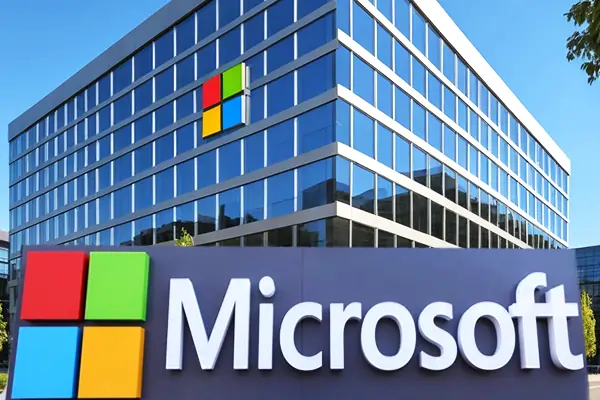Microsoft long reliant on OpenAI’s artificial intelligence models to power its flagship AI offerings, is charting a new course to lessen that dependence.
On Thursday, the company announced that it has begun publicly testing a homegrown AI model, signalling an ambition to bolster its AI pipeline while maintaining its deep partnership with OpenAI.
The new model, MAI-1-preview, is being tested on LMArena, a website where people can evaluate and compare performance across models.
Microsoft described the experiment as an early step toward enhancing its Copilot assistant, particularly for consumer use.
“We will be rolling MAI-1-preview out for certain text use cases within Copilot over the coming weeks to learn and improve from user feedback,” the company said in a blog post.
Developers have also been invited to request early access through a dedicated form.
Microsoft’s expanding AI journey
The unveiling of MAI-1-preview marks a pivotal moment in Microsoft’s AI journey, particularly through Copilot, its productivity-driven assistant.
Microsoft’s Copilot began as an AI layer embedded in Office apps like Word, Excel, and Outlook, designed to help draft emails, generate reports, and analyse spreadsheets. From there, the company broadened its scope by weaving Copilot into Windows 11, giving users system-wide AI support. Later, it integrated Copilot into its Edge browser and extended the tool into enterprise solutions.
Now, Microsoft is signalling ambitions that stretch beyond software, eyeing broader consumer devices, including TVs and other platforms, where Copilot could become a daily-use digital assistant.
MAI-1-preview is expected to serve as a foundation for this next phase, giving Microsoft greater independence in shaping how Copilot evolves.
A careful shift away from OpenAI reliance
Microsoft remains one of OpenAI’s most essential backers and strategic partners. The company has poured over $13 billion into OpenAI, providing the startup with cloud infrastructure to run its models. OpenAI, in turn, powers key Microsoft services, including Bing, Windows 11, and other products.
But competition is now quietly emerging. Microsoft itself acknowledged OpenAI as a competitor in its annual report last year—placing it alongside Amazon, Apple, Google, and Meta—after years of listing only traditional tech rivals.
The shift underscores how even close partnerships in the AI space are becoming complex as both companies chase leadership in a crowded field.
OpenAI, valued at about $500 billion, has also diversified its partnerships. To meet surging demand, it now uses cloud providers beyond Microsoft, such as CoreWeave, Google, and Oracle.
Its popular ChatGPT assistant reaches about 700 million people weekly, placing pressure on Microsoft to accelerate innovation in its own models.
Performance and infrastructure
On Thursday, MAI-1-preview was ranked 13th for text workloads on LMArena, falling behind models from Anthropic, DeepSeek, Google, Mistral, OpenAI, and xAI. While the ranking shows that Microsoft’s model still has ground to cover, the company insists this is just the beginning of its push into large-scale in-house AI.
Microsoft noted that the model was trained using 15,000 Nvidia H100 GPUs and is supported by a cluster of Nvidia GB200 chips. The company highlighted these investments as proof of its roadmap for bigger and more sophisticated AI models.
“We have big ambitions for where we go next — model advancements, an exciting roadmap of compute, and the chance to reach billions of people through Microsoft’s products,” said Mustafa Suleyman, CEO of Microsoft’s AI unit, in a post on X.
Suleyman emphasised that MAI-1-preview is “our first foundation model trained end-to-end in-house.” This represents a significant evolution for Microsoft, which has previously experimented with smaller open-source language models under the Phi brand.
Microsoft’s growing independence in AI has been fueled by strategic hires. Suleyman himself joined Microsoft after leading Inflection AI, a startup that competed with OpenAI. Before that, he co-founded DeepMind, the AI research company acquired by Google in 2014.
Since his arrival, Suleyman has expanded Microsoft’s AI unit significantly, bringing in around two dozen experts from Google’s DeepMind lab. The recruitment drive reflects Microsoft’s determination to become not only a major AI distributor through OpenAI but also a core innovator in its own right.
















